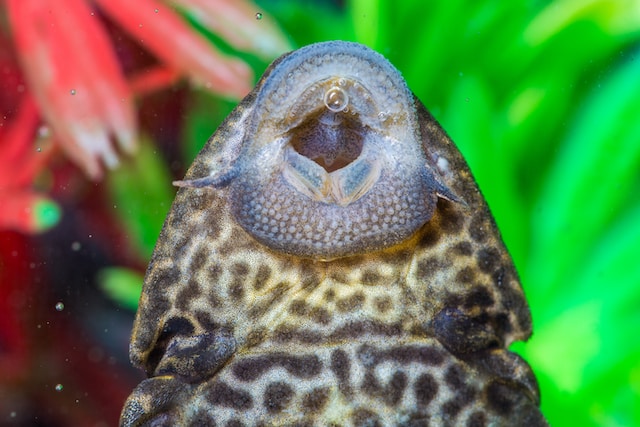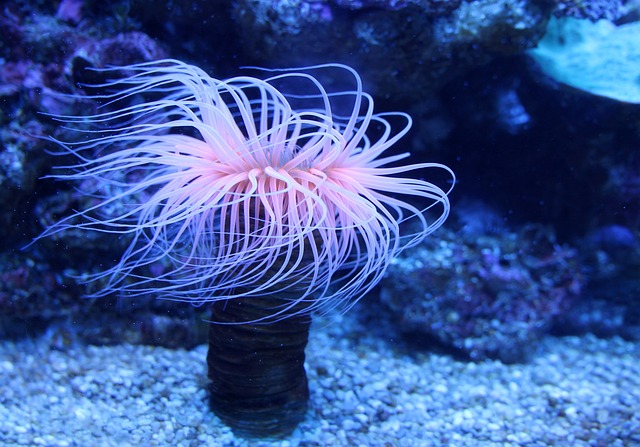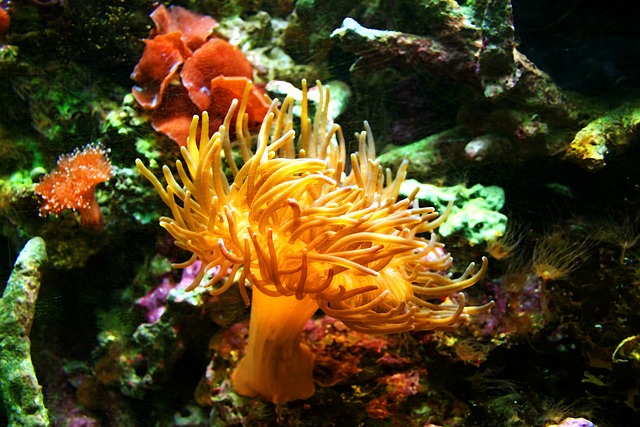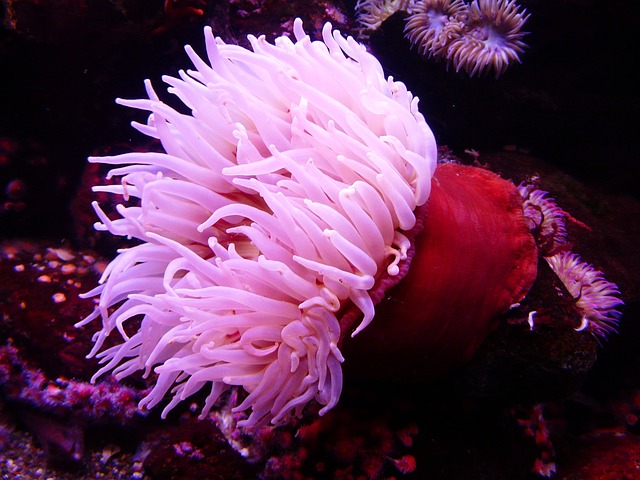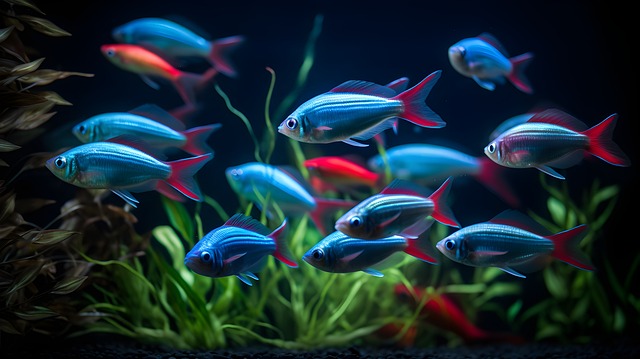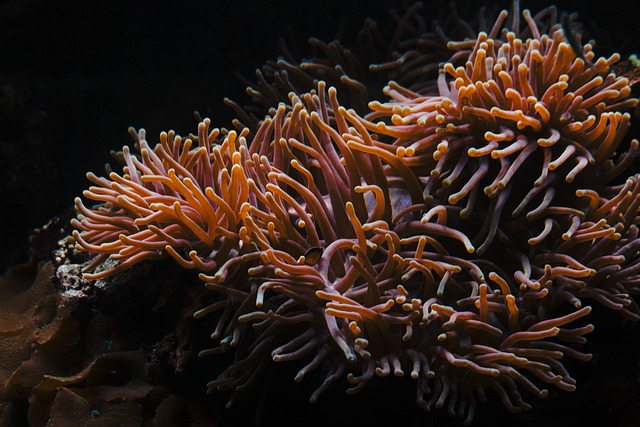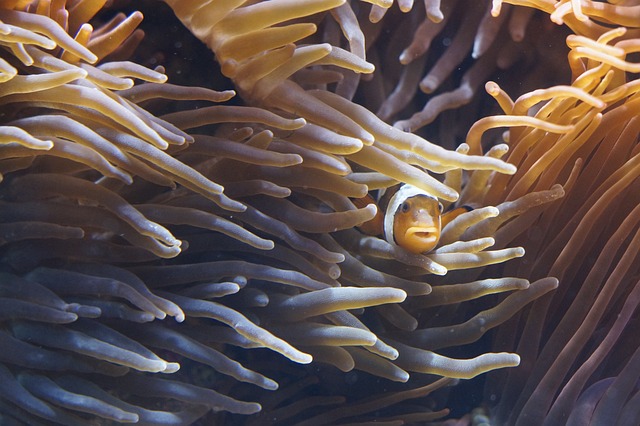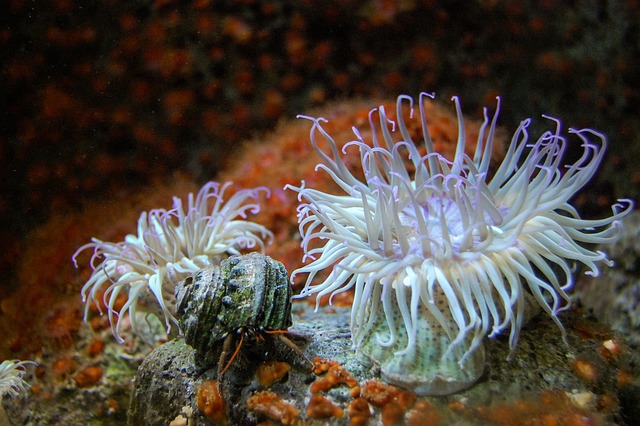Pleco fish, also known as suckermouth catfish, are popular with aquarium enthusiasts due to their unique appearance and ability to clean algae from tanks.
However, there is some confusion regarding whether pleco fish can survive in saltwater environments. This article aims to provide a clear answer to this question.
Firstly, it is important to note that pleco fish are freshwater fish not adapted to saltwater. While some fish species can tolerate changes in salinity levels, pleco fish is not one of them.
They require specific water conditions to thrive, including a pH level between 6.5 and 7.5 and a temperature between 72 and 86 degrees Fahrenheit.
Despite their inability to survive in saltwater, pleco fish are a great addition to any freshwater aquarium. With the right care and conditions, they can live up to 15 years and grow up to two feet long.
It is essential to research and understand the specific needs of pleco fish before adding them to a tank to ensure they stay healthy and happy.
Saltwater Vs. Freshwater Environments
Pleco fish are freshwater fish that are native to South and Central America. They are known for their ability to thrive in freshwater environments and are often kept as pets in aquariums.
However, some enthusiasts wonder if pleco fish can live in saltwater environments.
Saltwater and freshwater environments are vastly different, and fish adapted to one environment may not survive in the other. Saltwater environments have a higher salt concentration, which can harm freshwater fish like plecos.
The main difference between saltwater and freshwater environments is the salinity level. Saltwater environments have a salinity level of around 35 parts per thousand, while freshwater environments have a salinity level of less than 0.5 parts per thousand.
This means that saltwater environments are much more saline than freshwater environments.
Fish that are adapted to freshwater environments have a lower tolerance for salinity levels and may not be able to survive in saltwater environments.
Pleco fish are no exception. They are adapted to freshwater environments and cannot survive in saltwater environments.
In conclusion, pleco fish are freshwater and cannot live in saltwater environments.
Fish enthusiasts need to understand the difference between saltwater and freshwater environments and choose fish adapted to the environment in which they will be kept.
Effects of Saltwater on Pleco Fish
Pleco fish are freshwater fish that are commonly found in South America. They are known for cleaning aquariums by eating algae and other debris. However, some people wonder if pleco fish can live in saltwater.
The truth is that pleco fish are not adapted to live in saltwater. When exposed to saltwater, pleco fish can experience various negative effects that can ultimately lead to their death.
One of the most significant effects of saltwater on pleco fish is osmotic stress. Osmotic stress occurs when there is a difference in the concentration of salts and other solutes between the fish’s body and the surrounding water.
In saltwater, the concentration of salts is much higher than in freshwater. This can cause water to move out of the fish’s body, leading to dehydration and other health problems.
In addition to osmotic stress, salt water can also damage the gills of pleco fish. The gills are responsible for extracting oxygen from the water and are highly sensitive to changes in water chemistry.
When exposed to saltwater, the gills can become irritated and inflamed, making it difficult for the fish to breathe.
Overall, it is not recommended to keep pleco fish in saltwater. While they may be able to survive for a short period, they are not adapted to live in this type of environment and are likely to experience negative health effects.
It is best to keep pleco fish in freshwater aquariums where they can thrive and contribute to a healthy aquatic ecosystem.
Survival Mechanisms of Pleco in Saltwater
Pleco fish are known for their ability to survive in various water conditions, including saltwater. While primarily freshwater fish, some pleco species have been observed in brackish and saltwater environments.
One of the main survival mechanisms of pleco in saltwater is their ability to regulate their osmotic balance.
Osmotic balance is the balance of water and salt concentrations in the fish’s body. In saltwater, the salt concentration is higher than in freshwater, which can cause water to move out of the fish’s body and lead to dehydration.
To combat this, pleco has developed specialized cells in their gills that actively transport salt ions out of their body and water in. This helps them maintain a proper balance of water and salt concentrations and stay hydrated in saltwater environments.
In addition to their osmoregulatory abilities, pleco has several other adaptations that allow them to survive in saltwater.
For example, some species have a thick mucus layer on their skin that helps protect them from the harsh saltwater environment. Others have specialized kidneys that are better able to excrete excess salt from their body.
While pleco is primarily freshwater fish, some species have evolved mechanisms that allow them to survive in saltwater environments.
These adaptations include specialized cells in their gills, a thick mucus layer on their skin, and specialized kidneys.
Case Studies and Experiments
Several experiments have been conducted to determine whether pleco fish survive in saltwater. In one study, a group of plecos was gradually acclimated to a saltwater environment over several weeks.
The study found that the plecos could survive in saltwater for up to three months, but their overall health and well-being declined significantly during that time.
Another study involved exposing plecos to saltwater for short periods, ranging from a few minutes to several hours. The study found that plecos could tolerate saltwater exposure for short periods, but prolonged exposure could harm their health.
There have also been several case studies of hobbyists attempting to keep plecos in saltwater aquariums. While some have reported success, many have found that their plecos quickly become stressed and exhibit signs of illness.
While plecos can survive in saltwater for short periods, keeping them in a saltwater environment is not recommended long-term. Plecos are freshwater fish and are best suited to that type of environment.
Understanding Pleco Fish
Origin and Habitat
Pleco fish, also known as suckermouth catfish, are freshwater fish that originated from South America. They are typically found in warm, slow-moving rivers, streams, and lakes with plenty of vegetation and hiding spots.
Thanks to their unique mouth structure, they are known for their ability to attach themselves to the sides of tanks and aquariums.
Physiology
Pleco fish have a distinctive appearance, with a flattened body and a sucker-like mouth. They have a tough exterior, with bony plates covering their body, which protect them from predators.
Their mouth structure allows them to scrape algae and other food sources from rocks and surfaces. Depending on the species, they can grow up to 2 feet long.
Pleco fish are hardy and adaptable but require a specific environment to thrive. They need plenty of hiding spots, such as caves or plants, to feel secure. They also require a varied diet, including algae wafers, vegetables, and protein-rich foods like shrimp or worms.
Overall, pleco fish are fascinating creatures that require proper care and attention to thrive in captivity.
Understanding their origin and physiology can help aquarium owners provide the best environment for their pleco fish to flourish.
Conclusion
In conclusion, keeping pleco fish in saltwater aquariums is not recommended. Plecos are freshwater fish not adapted to live in a high-salinity environment. While some fish species can tolerate a small amount of salt in their water, plecos are not one of them.
Keeping plecos in saltwater can cause stress, leading to health problems such as loss of appetite, lethargy, and even death. Also, plecos require a specific diet not found in a saltwater environment.
It is important to research the specific needs of any fish species before adding them to an aquarium. While plecos are popular fish for their ability to clean algae, they are unsuitable for saltwater aquariums. Keeping plecos in a freshwater environment with a proper diet and water conditions is recommended to ensure their health and longevity.

